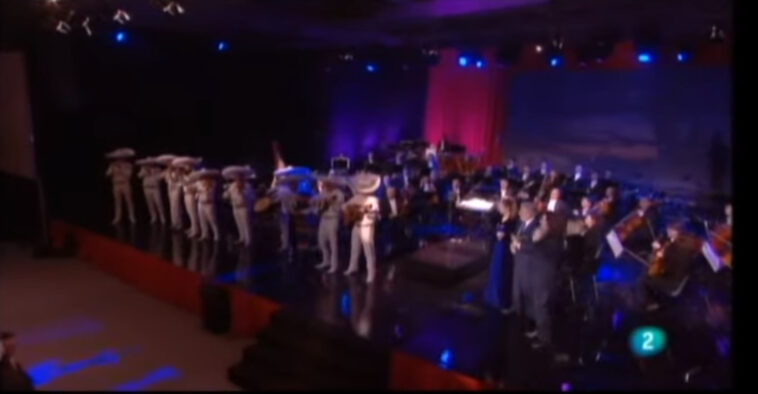Las Mañanitas video to celebrate a birthday.
This TV show took place in Spain https://www.imdb.com/title/tt1961343/reference/
“Las Mañanitas” is sung in other countries in Latin America, though it is most closely associated with Mexico. In countries like Guatemala, El Salvador, and Colombia, it is also common to sing “Las Mañanitas” during birthday celebrations. However, each country may have its own traditional birthday songs and customs.
In Spain, “Las Mañanitas” is not traditionally sung. Spaniards have other customs and songs for celebrating birthdays. (except on very special occasions like in the video above)
It is very unlikely that you will hear Happy Birthday to You or Cumpleaños Feliz in Mexico.
Como todos ustedes que hablan español ya lo saben, Las Mañanitas es la canción de cumpleaños mexicana
Los mexicanos tienen su propia canción especial de cumpleaños llamada “Las Mañanitas.” Esta canción tradicional está profundamente arraigada en la cultura mexicana y se canta para celebrar los cumpleaños, especialmente temprano en la mañana para despertar al cumpleañero. O al menos así era la tradición antiguamente, porque ahora se canta poco antes de soplar las velitas del pastel (torta, cake). “Las Mañanitas” se remonta a principios del siglo XX y se cree que tiene su origen en una mezcla de tradiciones musicales indígenas y españolas. La versión más famosa de la canción fue popularizada por el legendario cantante mexicano Pedro Infante en las décadas de 1940 y 1950, consolidando su lugar en las celebraciones mexicanas.
Las letras de “Las Mañanitas” expresan buenos deseos y alegría para la persona que celebra su cumpleaños. La canción comienza con las líneas, “Estas son las mañanitas que cantaba el rey David, a las muchachas bonitas se las cantamos aquí.” Continúa con bendiciones y expresiones de felicidad por el nuevo año de vida. “Las Mañanitas” no solo se canta en los cumpleaños, sino también durante otros eventos importantes y celebraciones, mostrando la calidez y el espíritu comunitario de las tradiciones mexicanas. Se canta principalmente en México, pero es ampliamente conocida en otros países de habla hispana.
Aquí Las Mañanitas con Pedro Infante, doña Prudencia Grifell y doña Sara García.




